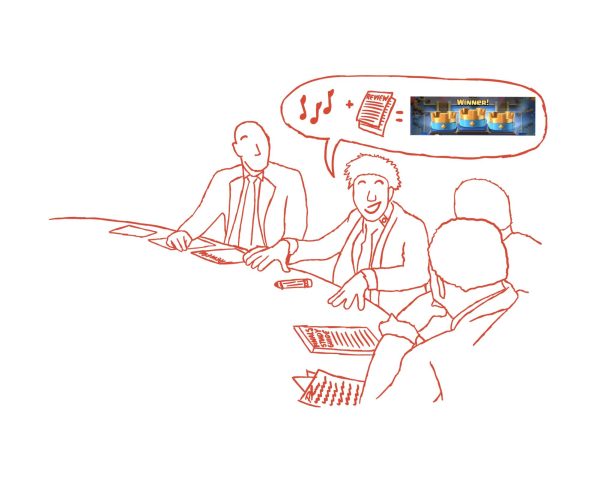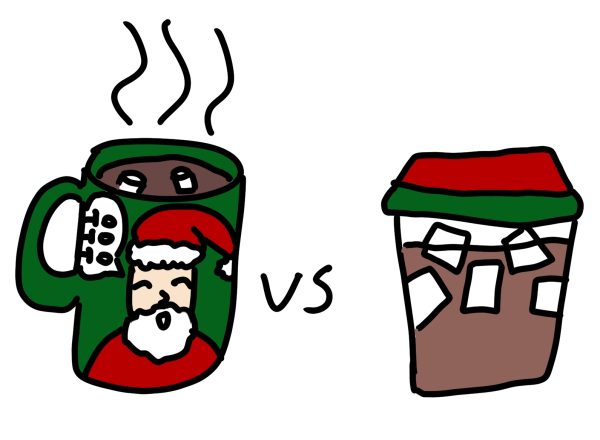Coral Bleaching: Why should you care?
Earth’s oceans cover more than 70% of its surface, yet in the vast oceans 25% of all marine life is concentrated on coral reefs. Coral reefs make up the largest living structures on the planet. They are home to 2 million biodiverse species of animals, translating directly into income, benefits, and food security for millions around the world. Without coral, marine life would be adversely impacted beyond repair, and in turn, millions of people would suffer without subsistence from the sea. The past two decades there have been increasingly frequent incidences of coral bleaching in every ocean. Bleaching is a major warning sign of a dark future if conditions do not change.
Mass bleaching events were first recorded on the Great Barrier Reef in the early 1980’s, and more recently in 1998, 2002, and 2006, according to the Australian Institute of Marine Science. Over 29% of the corals on the Great Barrier Reef have died at this point in time.
Coral colonies are made up of hundreds of thousands of animals called polyps. Inside these polyps is a photosynthetic bacteria, the polyps source of food. Coral bleaching occurs is when water temperatures rise above a coral’s habitable zone. Bleaching occurs at only a two centigrade temperature increase above the habitable zone. This kills the coral.
The cause for coral bleaching lies within a direct link to climate change and in human activity. The oceans absorb roughly 30% off all CO2 given off by human activity, and as a result, ocean temperatures are rapidly rising. As the oceans continues to warm, coral bleaching incidents are being more frequent and more severe all around the world, with unforeseen consequences if immediate action is not taken.
To protect coral reefs, steps need to be taken immediately not only to reduce greenhouse gas emission, but to cultivate coral reefs, and preserve the oceans for years to come. Not only do legal and environmental restrictions need to be put in place to protect our oceans, but awareness is key to the survival of coral and marine life.
Your donation will support the student journalists of Saint Viator High School. Your contribution will allow us to purchase equipment and cover our annual website hosting costs.








